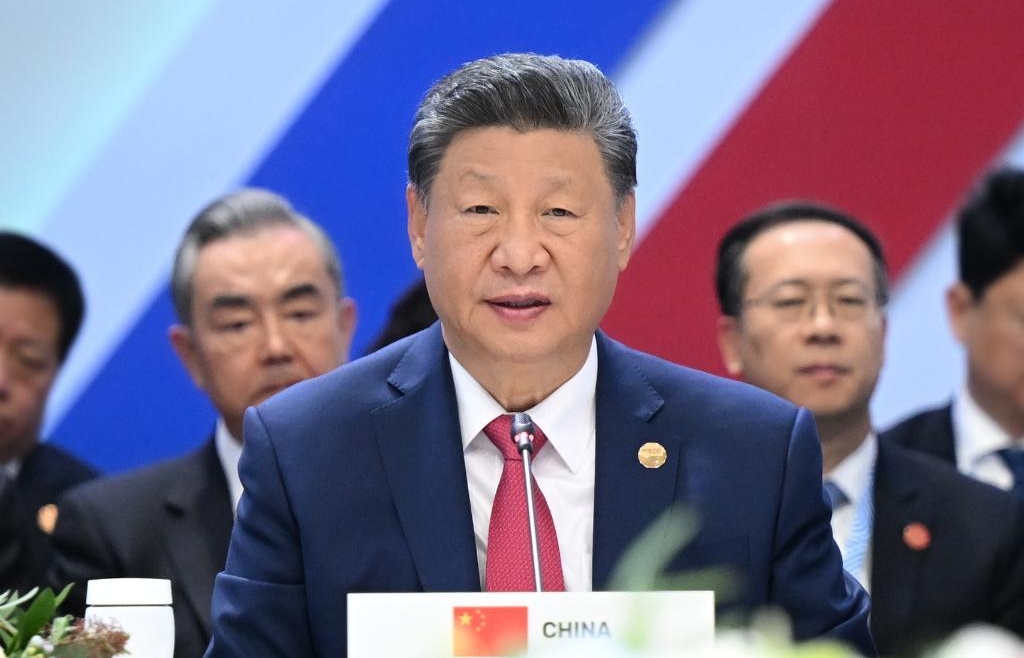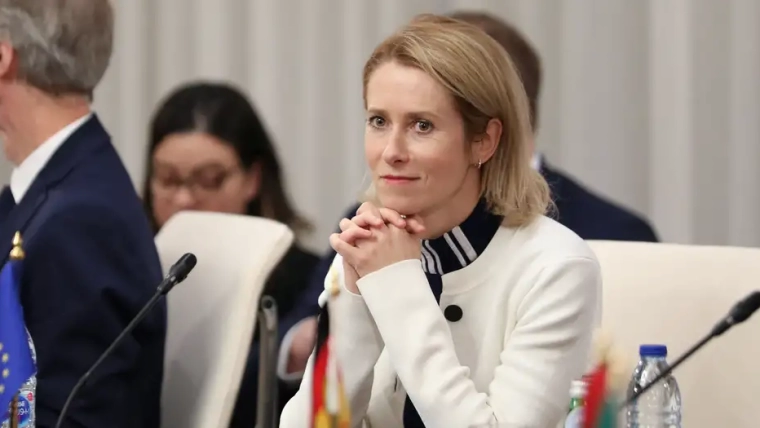BRICS countries now account for about 30 per cent of global GDP, nearly half the world’s population and a fifth of global trade after the group expanded from five to 10 members in January this year.
The Kazan summit is the first face-to-face meeting of BRICS leaders after Egypt, Ethiopia, Iran, Saudi Arabia and the United Arab Emirates joined Brazil, Russia, India, China and South Africa as BRICS members on 1 January 2024.
On Wednesday, at the 16th BRICS Summit in Kazan, Russia, Chinese President Xi Jinping described the expansion of BRICS as a “milestone” in its history and a “landmark event” in the development of the international situation.
The Chinese president said the ongoing summit had decided to invite a number of countries to become BRICS partners, and hailed the decision as ‘another important development’ for the group.
We must work together to build BRICS as a core channel for promoting solidarity and cooperation among the global South and a vanguard for promoting global governance reform,” he said.
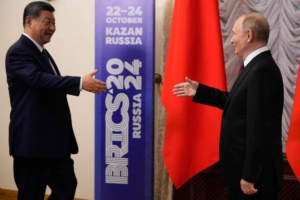
BRICS for peace
At Wednesday’s summit, the Chinese president called on BRICS members to build a BRICS for peace and act as ‘guardians of common security’.
He urged BRICS countries to adhere to the three principles of not expanding the battlefield, not escalating the fighting and not provoking any party, and to work to de-escalate the Ukraine crisis as soon as possible.
In September, China, Brazil and other Global South countries launched the “Friends of Peace” platform on the Ukraine crisis during the 79th session of the United Nations General Assembly to gather more voices for peace.
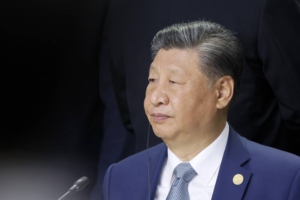
On Wednesday, the Chinese President also addressed the humanitarian situation in Gaza and the conflict in Lebanon, calling for an immediate ceasefire, an end to the killing and unremitting efforts to find a comprehensive, just and lasting solution to the Palestinian issue.
In November 2023, three months after its decision to expand, BRICS held an extraordinary joint summit on the situation in Gaza with invited leaders of member countries, the first such meeting of the group.
Chinese President Xi Jinping said at the time that it was a “good start” for further cooperation among BRICS countries after expansion, as the meeting coordinated member countries’ positions and actions on the Palestinian-Israeli conflict, which erupted on 7 October 2023.
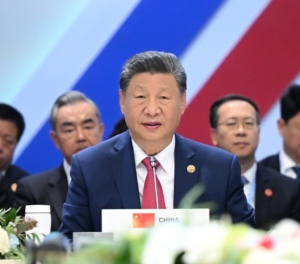
Reforming global governance
Chinese President Xi Jinping on Wednesday called for building a BRICS group for justice and leading the reform of the global governance system, urging BRICS members to follow the general trend of the rise of the global South and actively respond to the call for countries to join the BRICS cooperation mechanism.
He said the group should work to strengthen the process of membership expansion, create partner countries and enhance the representation and voice of developing countries in global governance.
More than 30 countries have formally applied for or expressed interest in BRICS membership, and many other developing countries are seeking deeper cooperation with the group.
Citing the urgency of reforming the international financial system, Xi in his opening remarks called for strengthening the New Development Bank and urged BRICS countries to take the lead in promoting a better alignment of the international financial system with the changing dynamics of the global economy.
The New Development Bank, a flagship project of BRICS cooperation and the first multilateral development bank established by emerging and developing countries, was jointly established by Brazil, Russia, India, China and South Africa in 2014 and expanded to include Bangladesh, the United Arab Emirates, Uruguay and Egypt in 2021.
Experts believe that the expansion of the Bank’s membership will strengthen its role as a platform for cooperation among countries of the Global South and contribute to building an international financial architecture characterised by multilateralism and multipolarity.
Khawla Jabri Al-Sharif


